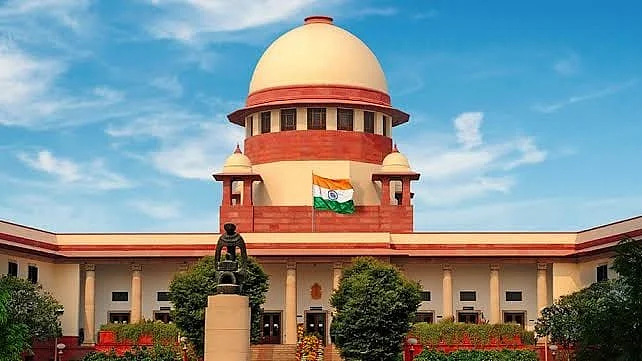Nation
Supreme Court urges caution in hearing challenge to Hindu Succession Act
The court has referred the parties to its mediation centre to explore a settlement before the matter is taken up

The Supreme Court on Wednesday, 24 September, said it would proceed with “utmost caution” while examining petitions challenging key provisions of the Hindu Succession Act, 1956, warning that any ruling should not disrupt the centuries-old social framework of Hindu society.
A bench of justices B.V. Nagarathna and R. Mahadevan, hearing challenges to the inheritance provisions in the Act, cautioned against attempts to undermine traditional structures.
“Do not demean the structure of the Hindu society that we already have. There is a Hindu social structure and you do not bring it down… We do not want our judgment to break something that has been there for thousands of years,” the bench observed.
While stressing the need to protect women’s rights, the judges said a “balance between social structure and giving rights to women” was essential. The court has referred the parties to its mediation centre to explore a settlement before the matter is taken up in detail.
Published: undefined
The petitions question the validity of Sections 15 and 16 of the Act, which govern the devolution of property belonging to a Hindu woman who dies intestate, or without a will.
Under Section 15, such property passes first to the heirs of her husband before her own parents, a provision critics say discriminates against women and their natal families.
Senior advocate Kapil Sibal, representing one of the petitioners, argued that women cannot be denied equal inheritance rights merely because of long-standing traditions.
Additional Solicitor General K.M. Nataraj, appearing for the Centre, defended the law as a “well-crafted” piece of legislation and accused the petitioners of seeking to “destroy the social structure.”
The matter will next be taken up after the outcome of the mediation process.
With PTI Inputs
Published: undefined
Follow us on: Facebook, Twitter, Google News, Instagram
Join our official telegram channel (@nationalherald) and stay updated with the latest headlines
Published: undefined